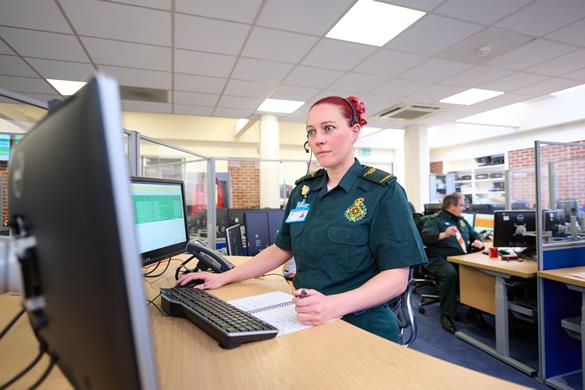When should you call 999
You should always call 999 if someone is seriously ill or injured, or their life is at risk.

Examples of medical emergencies include (but are not limited to):
- Cardiac arrest/ collapse/ unconsciousness
- Chest pain / heart attack
- Convulsions / fitting
- Stroke symptoms
- Traumatic / serious injury
- Severe burns / scalds
- Choking
- Drowning
- Severe allergic reactions.
If it's not a life-threatening emergency
If it is not a life-threatening emergency and you, or the person you are with, do not need immediate medical attention, please use other options available to you within the NHS.
|
Self care |
|
|
Pharmacy |
|
|
Your GP |
|
|
NHS 111 |
|
|
Walk-in centres / minor injury units |
